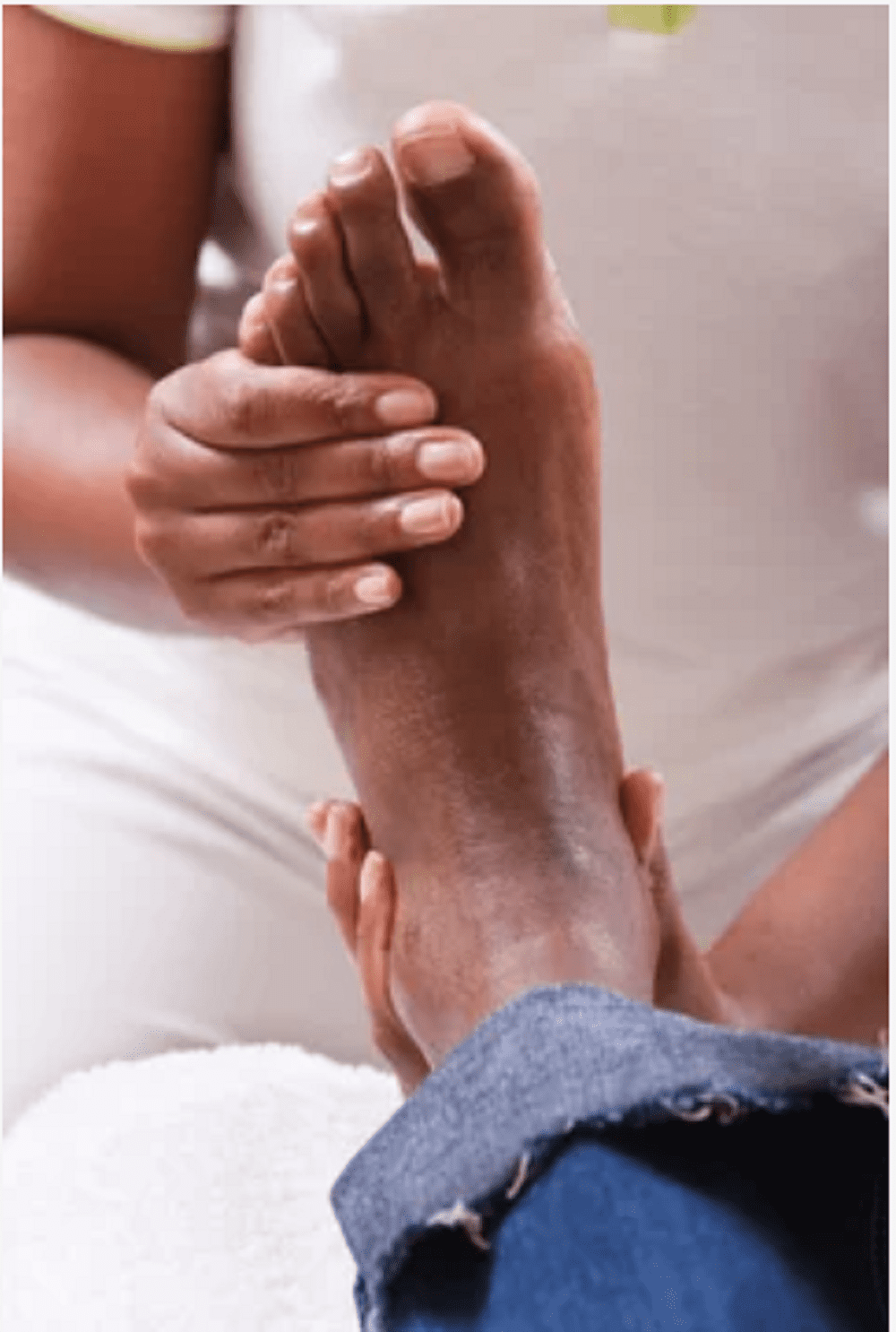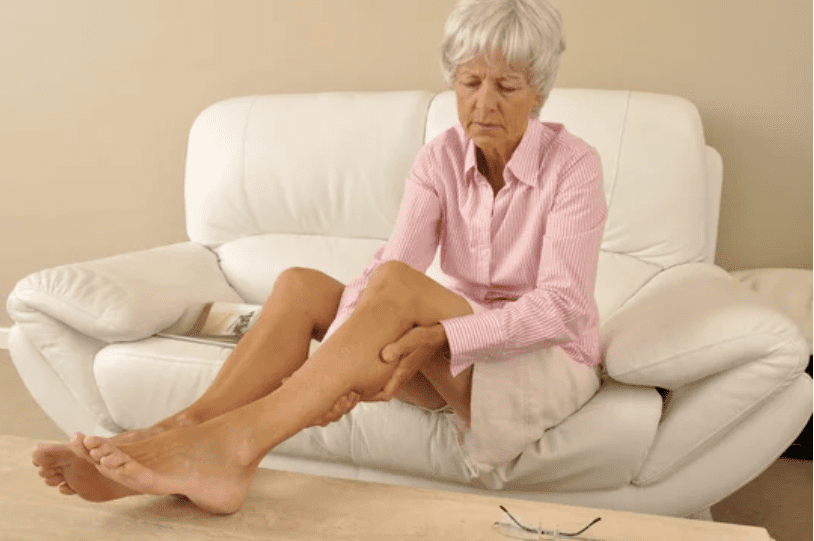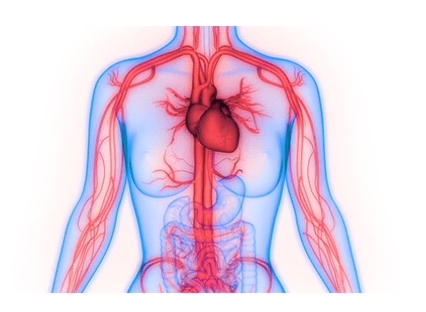
When your heart skips a beat, it doesn’t always mean “LOVE”!

You've had heart palpitations if you've ever felt your heart skip a beat, flutter, flip-flop, pound, or beat irregularly. Heart palpitations aren't always a cause for concern. However, if you also have pain or shortness of breath, feel dizzy, or faint, you should seek medical attention.
PACE's experts have treated patients with a wide range of heart palpitations caused by a variety of factors. In this post, we describe some of the most common reasons you may have heart palpitations.
Stress is so widespread in today's world that it appears to be an absurd cause to visit your doctor. Stress, on the other hand, produces genuine bodily problems, such as heart palpitations and panic attacks.
If you're under a lot of stress, start taking efforts to alleviate it. Make sure you plan time to exercise and eat well to take care of yourself. Look for methods to reduce the amount of obligations you have to meet, and talk to your doctor if you're experiencing stress.
One of the numerous reasons to quit smoking is because it causes heart palpitations. Nicotine boosts both your blood pressure and your heart rate. Nicotine might be the cause of regular heart palpitations if you smoke.
There are various resources available to assist you with quitting. Consult your physician. They'll gladly assist you in determining what works best for you.
Exercise is beneficial to your entire health. If you haven't worked out in a while, you may have heart palpitations during or after your workout. If you're experiencing discomfort or dizziness, don't panic.
You will probably no longer have palpitations if you maintain a regular workout regimen.
Your body uses its resources differently when you have a fever than when you don't. Heart palpitations can be caused by a fever of more than 100.4 degrees.
Medications
Stimulants are included in a variety of medicines and can cause heart palpitations. Some hypertension and thyroid medicines, for example, might have an adverse effect on your heart. If you're experiencing heart palpitations, talk to your doctor about your medicines.
Low blood sugar, which can induce heart palpitations, can be caused by skipping meals. If you're irritable or weak when you need to eat, you're definitely experiencing the effects of a blood sugar decrease.
Heart issues lurking under the surface
Cardiac palpitations can be caused by a variety of heart disorders, including atrial fibrillation (also known as Afib). Afib causes your heart's upper chambers to flutter instead of beating correctly.
Supraventricular tachycardia is characterized by an unusually rapid heart rate and palpitations. Ventricular tachycardia occurs when the electrical system of your heart fails, causing alterations in the function of your heart's lower chambers.
If you're experiencing regular heart palpitations, or if they're accompanied by discomfort, dizziness, shortness of breath, or other symptoms, schedule an appointment with PACE right now.
We are just a call or click away. To learn more, book an appointment online or over the phone with PeachState Advanced Cardiac & Endovascular. We have several locations in Georgia: Newnan, Atlanta, & Griffin.
You Might Also Enjoy...


Feeling Faint

Should I be worried about my numb feet?

Can leg cramps be a sign of something serious?

Meet Dr. Odiete - PACE Cardiovascular Specilaist


